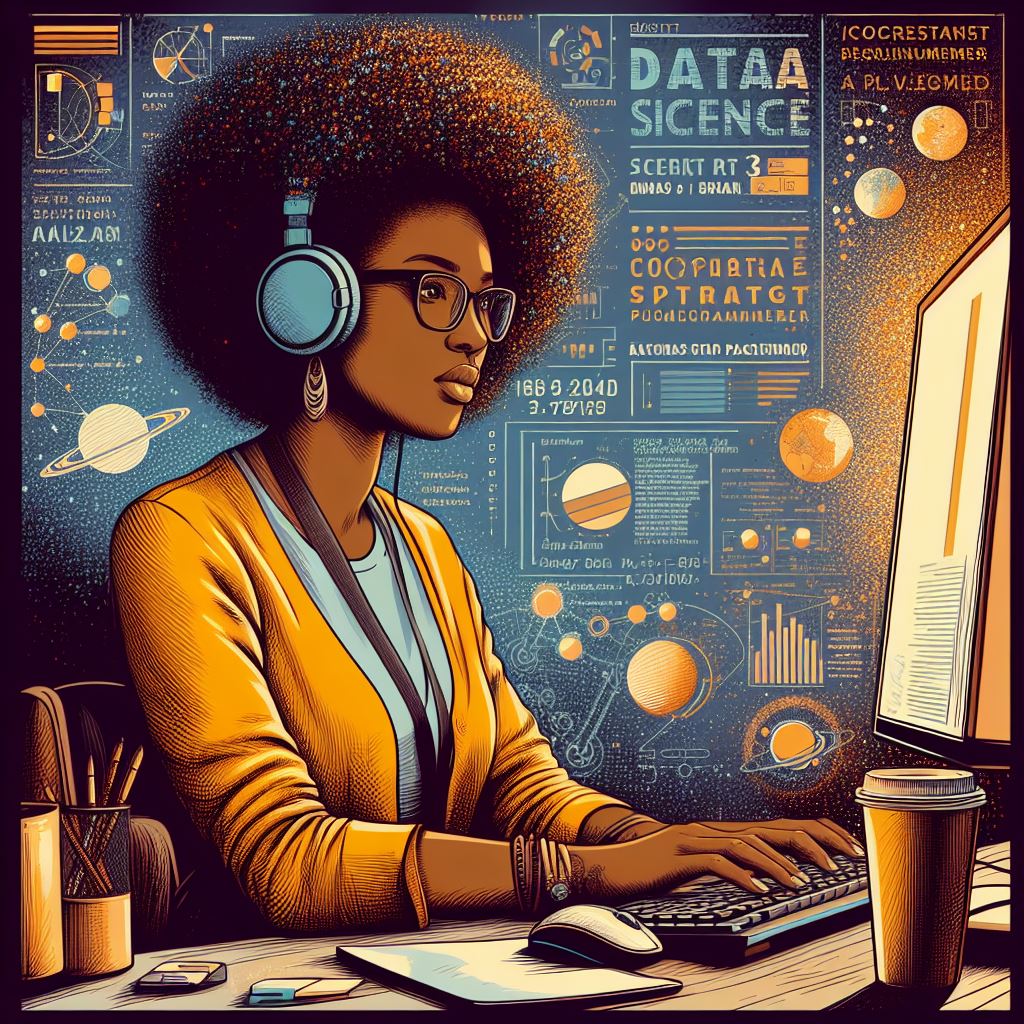Natural Language Processing (NLP) is a powerful subfield of Artificial Intelligence (AI) that focuses on enabling machines to understand, interpret, and generate human language. It plays a crucial role in bridging the gap between human communication and computational systems, allowing for smoother interaction between humans and machines. NLP technologies are rapidly transforming industries by improving customer service, enhancing user experiences, and automating repetitive tasks. In this article, we’ll explore the key concepts of NLP, its applications, and the future of this cutting-edge technology.
What is NLP?
Natural Language Processing (NLP) is an interdisciplinary field combining linguistics, computer science, and AI to help machines understand and process human language. NLP involves several tasks, including text classification, sentiment analysis, language translation, and named entity recognition. Through these tasks, machines can interpret the meaning behind words, sentences, and even entire paragraphs.
NLP is built on various algorithms and models that allow computers to analyze and generate human language, mimicking how humans process and understand language. This makes it possible for applications like voice assistants (Siri, Alexa), chatbots, and recommendation systems to function efficiently.
Key Applications of NLP
Customer Service Automation: NLP is revolutionizing the customer service industry by enabling the development of chatbots and virtual assistants that can engage with customers in real time. These tools are powered by NLP to understand user queries and provide accurate, relevant responses. By automating routine customer inquiries, businesses can improve response times and reduce operational costs.
Sentiment Analysis: Sentiment analysis uses NLP to determine the emotional tone behind words. This is invaluable for businesses trying to understand customer feedback on social media, reviews, and surveys. By analyzing the sentiment of online interactions, companies can gain insights into customer satisfaction and make data-driven decisions.
Language Translation: NLP has significantly improved machine translation systems like Google Translate. By understanding context and nuances of language, these systems now provide more accurate translations than ever before, breaking down language barriers and enabling global communication.
Speech Recognition: NLP is at the heart of speech recognition systems used in voice assistants, transcription services, and dictation software. By processing spoken language, NLP allows these systems to accurately convert speech into text, making tasks more efficient for users.
Content Recommendation: NLP is used in content recommendation engines to analyze user preferences and suggest relevant articles, products, or videos. By understanding language patterns, these systems provide personalized experiences for users, increasing engagement and boosting conversion rates.
Challenges and the Future of NLP
While NLP has made tremendous strides in recent years, there are still challenges to overcome. Understanding context, handling ambiguity, and detecting sarcasm are areas where NLP models can struggle. Additionally, ethical concerns regarding privacy and data security must be addressed as NLP technologies continue to evolve.
The future of NLP is promising, with research focusing on making models more accurate and context-aware. Techniques like deep learning and transformer models, such as OpenAI’s GPT, are pushing the boundaries of what NLP can achieve. As these models become more sophisticated, NLP is expected to play an even larger role in industries ranging from healthcare and finance to entertainment and education.
Conclusion
Natural Language Processing is transforming the way we interact with technology, making it more intuitive and accessible. By automating tasks, improving customer service, and enabling more natural human-computer communication, NLP is helping businesses and individuals unlock new opportunities. As the field continues to advance, the potential applications of NLP are vast, with the ability to reshape industries and improve everyday experiences.
5
